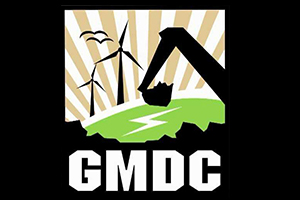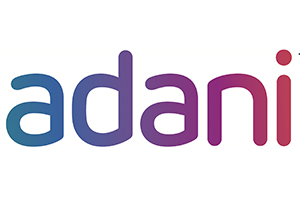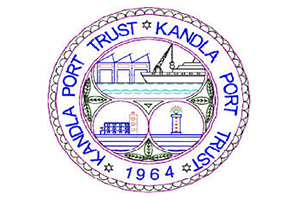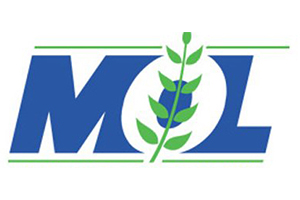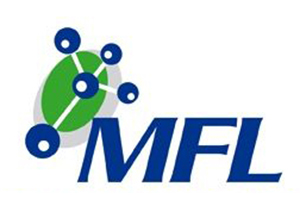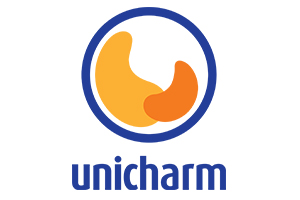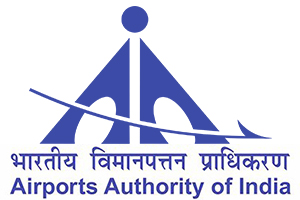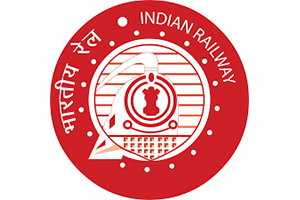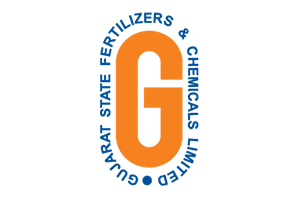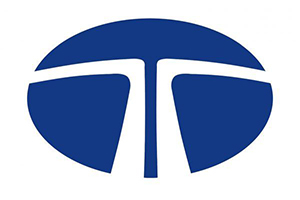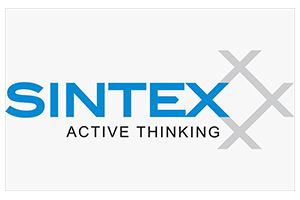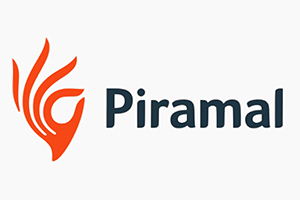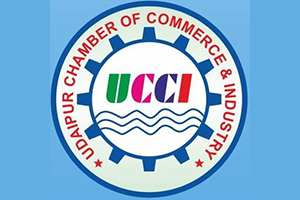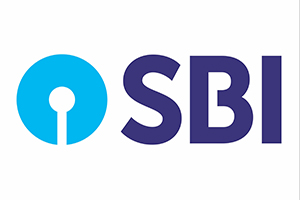You Can Trust Us
We Provide Care
Workplace safety is very important, no matter what industry. Although businesses and companies are required to protect their workers, it is also a moral responsibility to take care of employees. When somebody leaves for work, they expect to return home safe and sound.
A safe work environment is a productive work environment. Employees should feel they are safe from workplace violence, natural disasters, fire threats, or medical emergencies when they step through the doors of their place of work.
Asilia Healthcare is an ISO 9001-2015 certified company with expertise in Occupational health and safety. We are also DISH approved training provider for safety training. Asilia has offerings for any size business in any industry vertical. We offer customized services capable of catering to the needs of small, medium or large organizations in accordance with statutory and other requirements.
"Prepare and prevent, don’t repair and repent."
Industries We Serve
Where we work
Chemicals have become an indispensable part of human life, sustaining activities and development, preventing and controlling many diseases, and increasing agricultural productivity. Despite their benefits, chemicals may, especially when misused, cause adverse effects on human health and environmental integrity. It is estimated by the International Labour Organization that some 200,000 work-related deaths occur each year all over the world. In addition, a large number of workers are victims of work-related accidents and illnesses.
Against this background, the highly complex chemicals encountered in the work environment necessitate constant vigilance through an occupational health program to provide a scientific basis for decisions aimed at protection of human health from the adverse consequences of exposure to these substances in the occupational environment.
Extensive research is conducted to evaluate the safety and efficacy of candidate drugs prior to marketing and distribution, but few epidemiological studies have examined the occupational health of production workers who manufacture these drugs. Providing rational, risk-based advice on the prediction, prevention and management of exposure-related health effects from a diverse and novel range of workplace health hazards requires increasingly specialized technical competences and industry knowledge.
The pharmaceutical industry presents particular challenges to occupational health practitioners engaged in the delivery of effective occupational health services. The demands of a highly technical work environment must be blended with the need to maintain effective health management in a fast-paced, changing and pressured global business climate. This, combined with a high level of focus on innovation and productivity through human capital development strategies, provides a rich mix of factors to take into account when selecting and implementing health interventions that are appropriate, risk-targeted, cost-effective and acceptable to employees and management.
In an automotive industry, the factory floors are busy and bustling places of manufacturing robots and equipment. They contain moving machineries and thousands of workers, and both work in collaboration. It’s a challenge to maintain this complex supply chain and so, health and safety of employees tops the agenda.
Automobile mechanics often handle heavy vehicle parts and work in awkward postures which may lead to trauma such as disk rupture or hernia and disabling back pains. The automobile mechanics' work place contains many hazards which can lead to accidents resulting in burns, punctures cuts, and electrocution.
The textiles sector contains many hazards and risks to workers, ranging from exposure to noise and dangerous substances, to manual handling and working with dangerous machinery. Each processing stage - from the production of materials to the manufacturing, finishing, dyeing and packaging -poses risks for workers, and some of these are particularly dangerous for women’s health.
There is an increase in the technological advancements in this industry to enhance the range of fabrics and their production. Simultaneously, the progress should be backed by stringent safety policies to promote safety at the workplace.
Health and safety has been prioritized in oil and gas industry for many years. Still, occupational hygiene exposures aren't often taken with proper care to determine the true risk to workers. Oil and gas workers exposed to chemicals produced and used in oil and gas industry may suffer occupational diseases of lungs, skin and other organs at levels relying on the amount and length of exposure time. Those exposed to hazardous noise levels may suffer noise-induced hearing loss (NIHL). Other hazards include confined spaces that may injury or threaten life of untrained workers.
Occupational Safety and Health Management System is one of the critical factors whose successful execution confirms operational safety in upstream, midstream and downstream segments of Oil and Gas industry.
Our Clients
